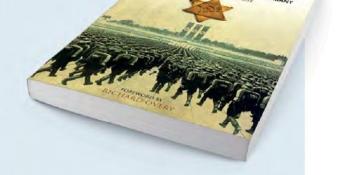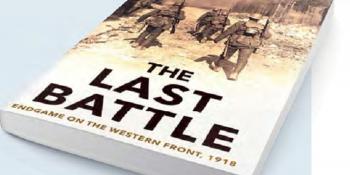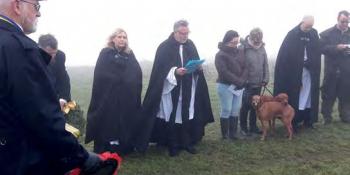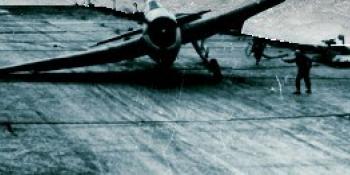BRUNSSUM, in Limburg, has granted honorary citizenship to 328 British and Commonwealth soldiers and aircrew interred in the town’s Commonwealth War Grave Commission cemetery. It is the first time such an award, the highest municipal authorities can bestow, has been conferred posthumously and the town has granted the honour to mark 75 years since its liberation.
More than 100 relatives attended the ceremony on September 19 travelling from the UK, Canada and as far as Australia. The town’s acting mayor, Gerd Leers, stated the cemetery remains at the heart of the local community, adding: “Through awarding this distinction, the people of Brunssum wish to stress that these 328 men are not forgotten by us – and never will be.”
Allied efforts to free the Netherlands began in September 1944. It was largely the tasking of the 21st Army Group, consisting mostly of British and Canadian units but also Poles, Belgians and the forces of other governments-in-exile.
While the Scheldt and other areas were secured relatively early, German resistance was determined. Overloon and Arnhem were tougher proposals. The former being the site of a significant tank battle between British and German forces, the latter being the objective of Operation Market Garden, a botched airborne and ground push. Arnhem was belatedly secured in April 1945, and other areas only liberated with the surrender of German forces in May 1945. For the Dutch, the war was more than destruction and occupation, the Hongerwinter, a famine over the winter of 1944-45, is thought to have killed at least 20,000.
Limburg, the southernmost province of the country, became one of the first Dutch areas entered by the Allies. While Brunssum was liberated quickly, it was not until the following spring that Anglo-American forces finally secured the province. One of the soldiers interred in the cemetery remains unidentified.




